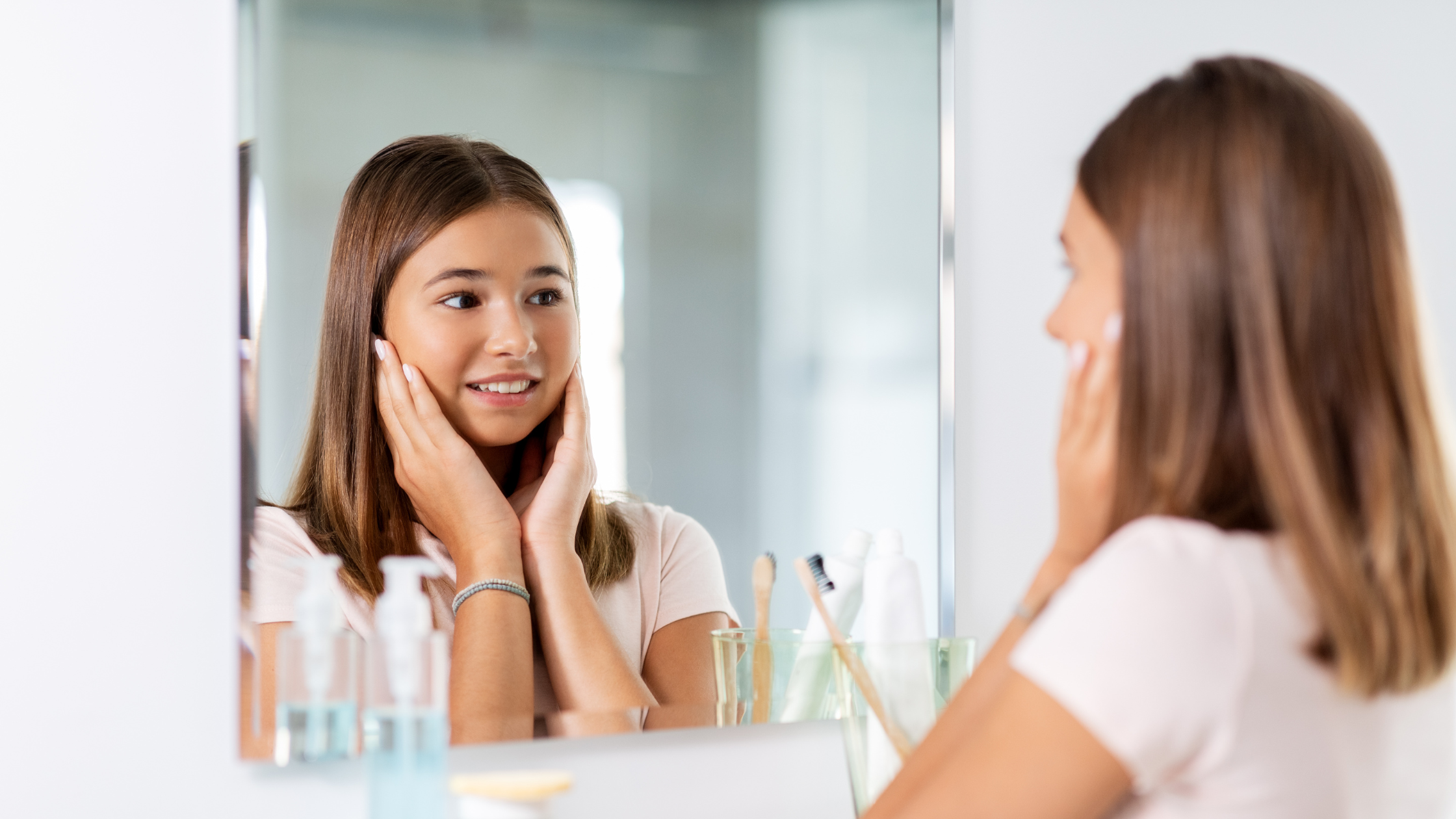

By Dr Georgia Meisel, Child Psychologist at Kidswell Health
As clinical psychologists working with children and families, we know how much parents and educators want to help little ones feel good about themselves – not just in how they look, but in who they are and what their amazing bodies can do.
We live in a world that often sends loud, unhelpful messages about how bodies “should” look. These messages reach children earlier than most of us would like – through TV, picture books, peers, and even well-meaning adults.
But here’s the good news: you have more influence than you think. And it’s never too early to start planting the seeds of body confidence.
In this blog, we’ll share evidence-based tips and simple, everyday strategies to help build body confidence in children.
By the time they start school, many children have already picked up ideas about which bodies are “good” or “bad,” “normal” or “different.” They notice who gets praised, who gets teased, and who is left out.
Many can already identify “pretty” or “strong” as things to be praised. By primary school, some kids are already saying they want to “go on a diet” or change how they look.
We also know that:
We can’t shield children from every message, but we can teach them how to think critically, treat their bodies kindly, and focus on what their bodies can do, not just how they look.
Shift the conversation from appearance to abilities:
This helps children learn that bodies are functional – for living and enjoying life, not just for looking a certain way.
Children are little sponges – they learn how to think and talk about bodies from us.
Avoid negative body talk around children (even about yourself!). Speak kindly about your own body and others, no matter their size or shape.
Instead of:
🗨️ “I look big in this.”
Try:
✅ “This shirt feels comfy.”
✅ “I’m feeling strong today after my walk.”
If a child makes a negative comment (e.g., “I’m too big!” or “Her hair is weird”), gently reframe:
This doesn’t mean ignoring appearance, just emphasising that bodies come in all shapes and that’s okay.
Choose books, stories, and toys that show a wide range of body types, skin colours, and abilities, without making that the only point of the story. Normalising body diversity makes a big difference.
Let children explore what their bodies can do, without pressure or comparison. Movement is a brilliant way to connect with our bodies.
When it’s fun and pressure-free, kids learn to associate movement with joy.
Try:
It’s about celebrating bodies for how they help us move, explore, and connect – not how they look.
Sometimes, worries about body image mask other big feelings like anxiety, peer pressure, frustration, or shame. Helping children name and express emotions builds a stronger sense of self.
Children’s feelings about their bodies (or others’ bodies) might come out as questions, worries, or even tantrums.
If a child says something like:
🗨️ “I don’t like my tummy.”
You might say:
✅ “It sounds like you’re feeling unsure about your body. Can you tell me more?”
✅ “All tummies are good tummies — they help us grow, laugh, and play.”
You don’t have to fix the feeling. Just being curious and showing acceptance makes a huge difference.
Keep calm. It’s often curiosity or learned language, not malice.
You might say:
Let’s be honest, no one gets this perfect every time. If your child overhears you complaining about your hair or how you look, it’s OK. Even small shifts in how we talk about bodies can help children grow up feeling stronger and more confident in their own skin.
Building body confidence isn’t about never mentioning appearance – it’s about expanding the conversation.
Our goal isn’t perfection. It’s helping children feel safe, respected, and proud of who they are. A few simple, everyday tweaks in how we talk, what we model, and what we praise can help children grow up feeling strong and at home in their own skin.
If your child is struggling with body image, self-esteem, or related behaviours and concerns, our experienced child psychologists at Kidswell Health are here to help. Get in touch to find out more, send an enquiry or to book an appointment.
We offer expert, compassionate support for families navigating emotional and behavioural challenges, from early years through adolescence.
📞 Call us on 020-3011-1843 or
📧 Email reception@kidswellhealth.com to book an appointment or learn more.
Learn about RSV symptoms, causes, and treatment. Understand how to spot signs early, protect your baby and when to seek…
When a child is finding emotions, behaviour, learning or relationships difficult, parents often come across many different professional titles and…
Learn the symptoms, causes and treatment of RSV in babies, plus expert advice on how to protect your child this…
By Debra Silver, Paediatric Physiotherapist at Kidswell Health Watching your baby reach new milestones is one of the most exciting…
Learn about positional talipes in newborns and babies: causes, treatment, recovery time, and how physiotherapy at Kidswell Health can help.
Dr Mitsu Shah explains common side effects of baby vaccinations.